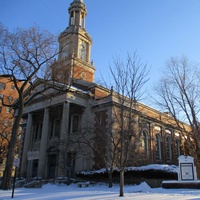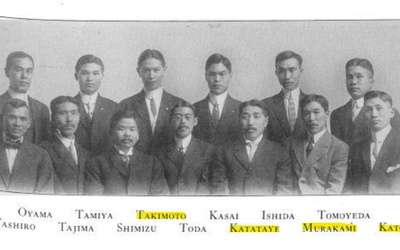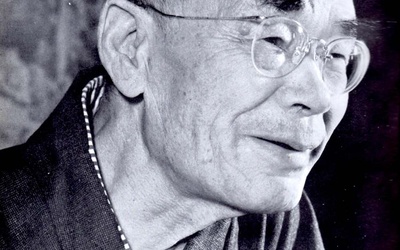Japanese Christians in Chicago

Many Japanese who came to the United States were originally Buddhists. However, Buddhism was not a popular belief among Japanese in Chicago; many of them were Christians. This series will explore the unique background of Japanese Christians in Chicago and shed light on the diversity of Japanese immigrants.
Stories from this series
Chapter 2: Misaki Shimazu — Birth of the Japanese Christian Community in Chicago
July 25, 2021 • Takako Day
According to Misaki Shimazu, there were four stages of activity among the Japanese Christians in Chicago: the Fujita era, the Baptist days, the Confusion period, and the Separation and Independence era.1 The first period, the Fujita era, was from July 1899 to April 1903, when Toshiro Fujita was the Japanese Consul in Chicago. A few Japanese met at Consul Fujita’s home twice a month to study Christianity. Consul Fujita was a Christian2 and he managed all of the correspondence of …
Chapter 1: Introduction
July 18, 2021 • Takako Day
It is well known that prewar Chicago had no “Japan town.” Was it simply because the Japanese population before 1940 was too small? Or was there a specific reason that Chicago did not establish a center for Japanese immigrants? Jesse F. Steiner spent seven years (1905-1912) as a teacher at North Japan College in Sendai.1 He was subsequently trained under Robert Park and lectured in sociology at the University of Chicago in 1915 and 1916.2 In his thesis, The Japanese …




